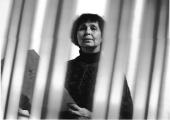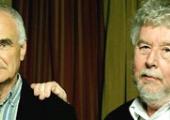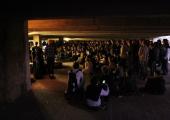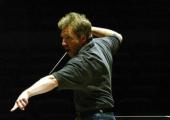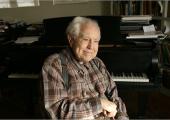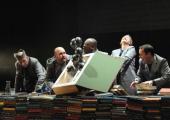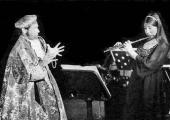Pierre Boulez Weekend, Southbank Centre
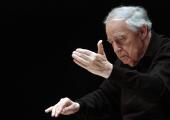
The good, the bad and the suburban from the great Frenchman
William Glock once claimed that Pierre Boulez could literally vomit at music he believed to be substandard. I wonder what he would have made of my friend, who fled at the interval of the opening concert of the Southbank festival on Friday blaming Boulez's Domaines for setting off a panic attack. Her physical response was certainly a welcome corrective to the nonchalance with which the critical world increasingly greets Boulez's language, many of whom still insist that the days of serialism provoking anger or revulsion are in the distant past. Boulez can still upset.


